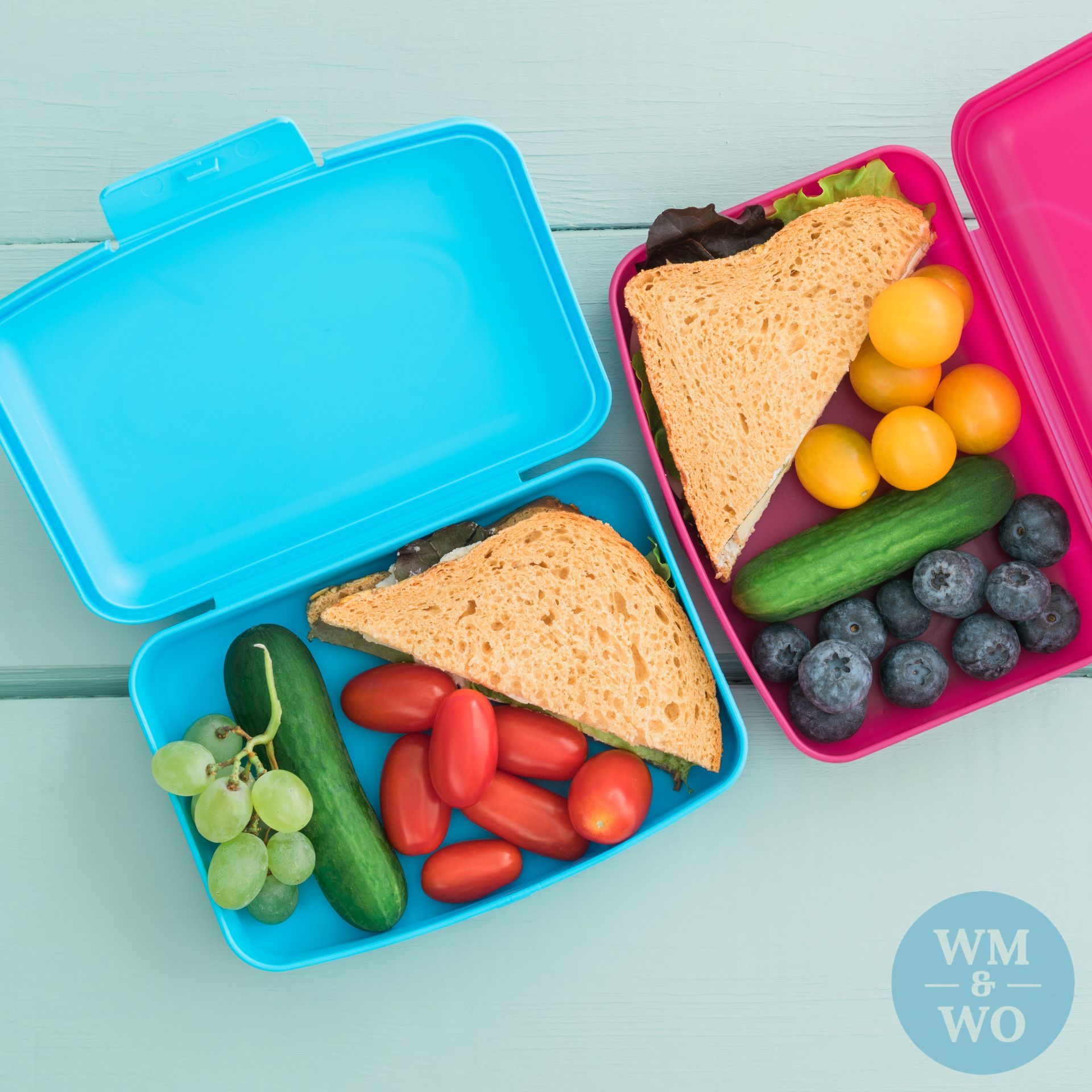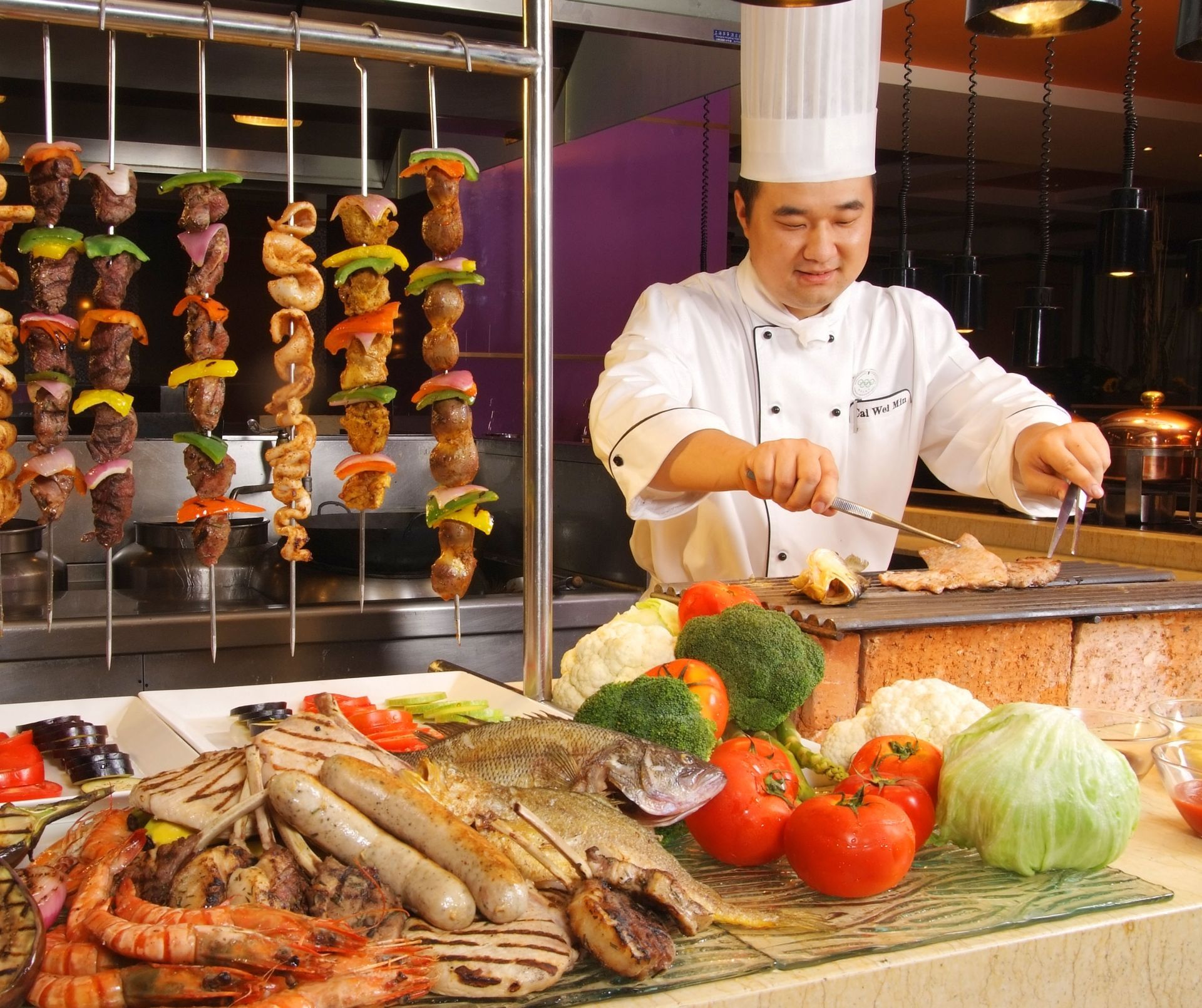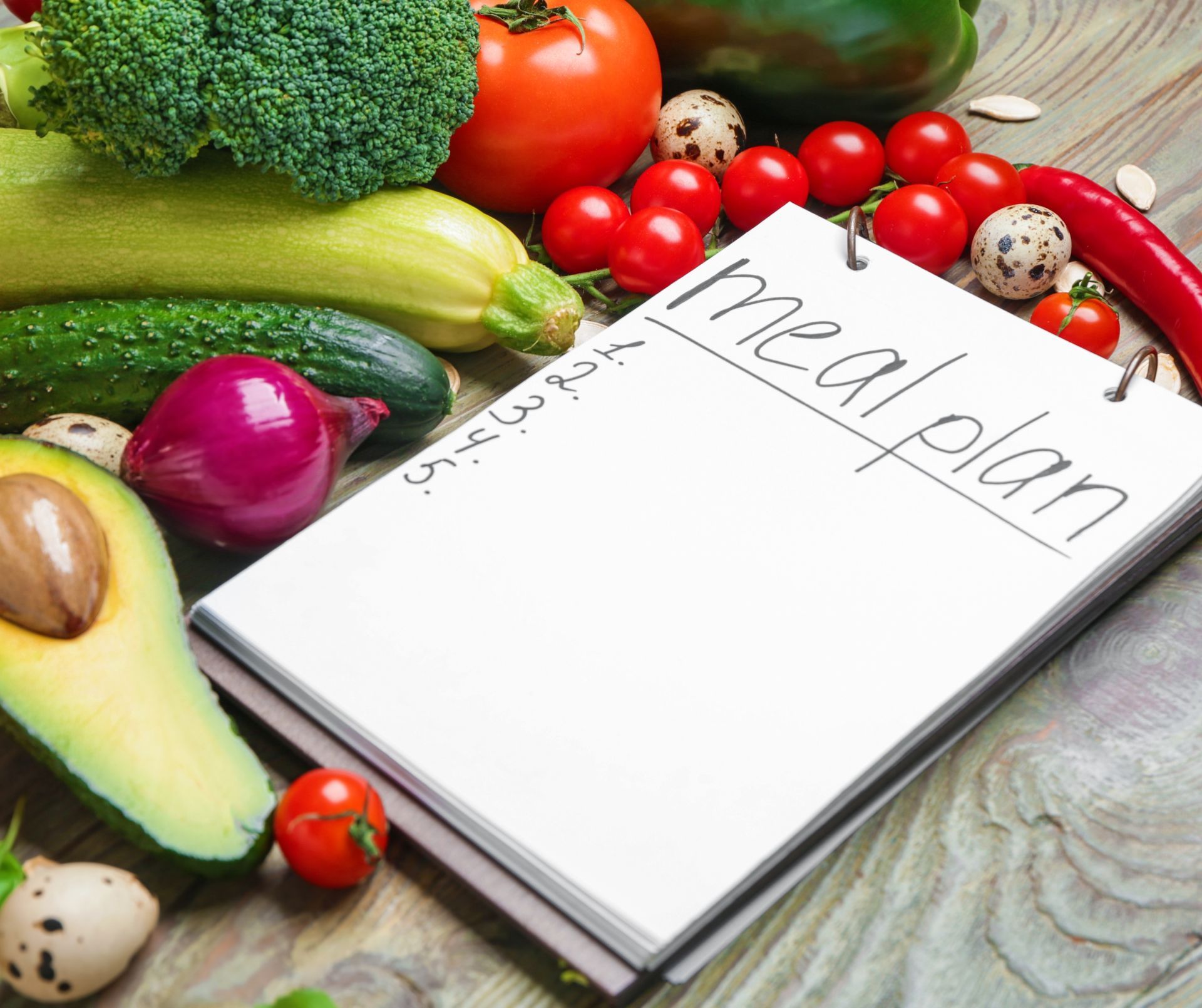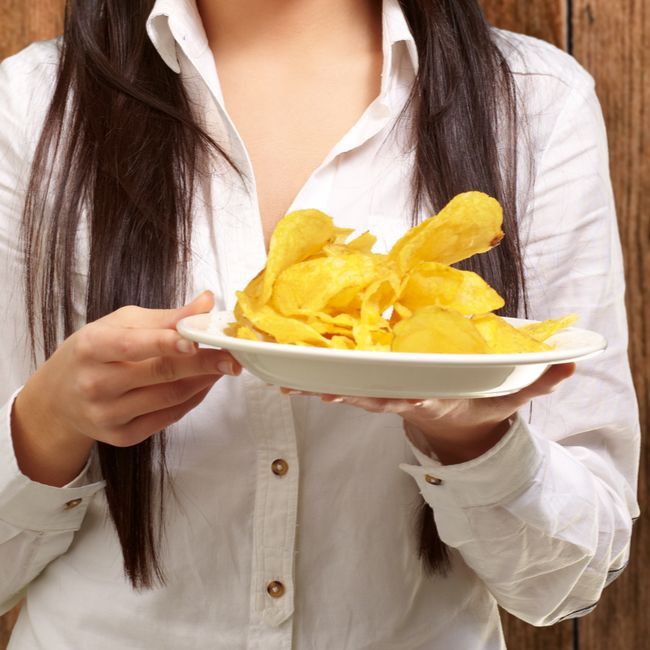Kale, Butternut Squash, and Pomegranate Salad
Serves: 8
Prep Time: 20 Minutes
Nutrition: 200 cal, 11 g fat, 24 g carbohydrate, 6 g protein
Ingredients:
1 large butternut squash (about 3 pounds),
peeled, cut into 3/4” cubes
1/4 cup extra-virgin olive oil, divided
5 cloves garlic
1/2 tsp. turmeric
1/4 tsp. salt
Freshly ground black pepper, to taste
1/2 cup chopped walnuts*
2 large bunches Tuscan kale, stemmed and
thinly sliced
1/4 cup lemon juice, divided
Sea salt, to taste
1 Tbsp. apple cider vinegar
1 tsp. pure maple syrup
1 Tbsp. Dijon mustard
1 shallot, finely chopped
1 cup pomegranate seeds and/or blackberries
How to Prepare:
1: Preheat oven to 400°F.
2: Place squash cubes on baking sheet, drizzle 1 tsp. olive oil over squash. Add whole garlic cloves, turmeric and salt and pepper, to taste. Toss to evenly coat squash with oil and spices. Spread cubes evenly around pan and roast for 30-40 minutes until squash is tender.
3: While squash is roasting, heat 1 tsp. olive oil in small skillet over medium-high heat. Add walnuts and cook, stirring occasionally until golden brown, 2–3 minutes. Set aside.
4: Place kale in bowl. Add 2 Tbsp. lemon juice and pinch of sea salt and massage into kale to wilt. Set aside.
5: When squash and garlic are cooked, remove garlic and put squash in a separate bowl. Add remaining olive oil, lemon juice, vinegar, syrup, mustard and shallot; pulse in food processor until smooth to create a dressing.
6: In large mixing bowl, combine kale with about 3/4 of dressing, and toss until kale is lightly coated. Add more dressing to taste and reserve any leftover for another use.
7: Add roasted squash and pomegranate seeds and/or blackberries to kale; toss to combine. Transfer to serving bowl; top with toasted walnuts
From American Institute of Cancer Research











